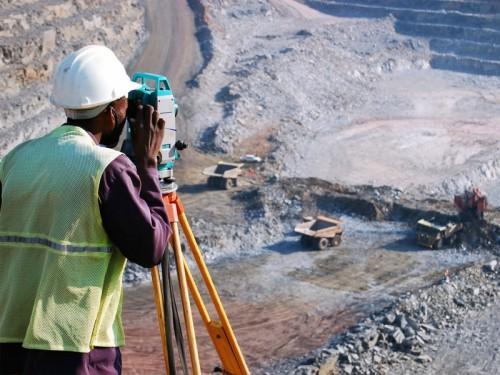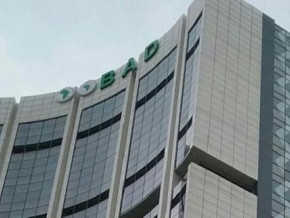
Sharing of revenue from mineral exploitation

(Business in Cameroon) - In Cameroon, Decree No. 2002/648/PM of March 26, 2002 spells out conditions for income sharing from artisanal mining and industrial exploitation of mines as well as quarries. This prime ministerial decree stems from Law No. 001 of 16 April 2001 which is basically the country’s mining code.
Two types of taxes are paid by operators with either exploration or exploitation permits: the tax on the extraction and ad valorem tax. The first depends on the volume of minerals extracted. It is set as follows: unconsolidated materials (clays, gay, laterites, pozzolans, sands, etc.): CFAF 150/m3, hard materials (stones): CFAF 300/m3.
Article 143 of the Decree states that before the tenth of each month, the holder of an authorization or a license to a quarry shall submit to the delegate of mines with territorially competence, a report on the volume of material extracted in the previous month.
Ad valorem tax
Existing texts indicate that mineral substances extracted from the seabed or subsoil are subjected to a tax proportionate to the value of product extracted, named ad valorem tax. These substances subject to the ad valorem tax products are extracted merchant state or not having undergone treatment without altering their chemical composition.
According to article 144 of the decree, this value tax is set as follows:
- precious stones (diamond, emerald, ruby, and sapphire): 8%;
- precious metals (gold, platinum, etc.): 3%;
- base metals, and other minerals (iron, nickel, bauxite, etc.): 2.5%;
- geothermal deposits, spring water, mineral water, and thermal mineral: 2%.
The regulations describe that in case of non-payment within the deadline, the ad valorem tax is increased by 10 percent. "60 days after notification, the mining license can be withdrawn," reads the decree signed by former Prime Minister, Peter Mafany Mosongue.
Administrative and technical supervision
Paul Hubert Ndonguissop Zekeng, general engineer of mines and Deputy Program Coordinator for securing mining, water and energy revenue (PSRMEE), recently said at a mining forum in Yaounde that the aim of sharing the ad valorem and extraction tax is to ensure that the local population benefits from mines in their localities and also that country’s mines and geology are managed better.
The implementation of the sharing system of these taxes “was effective” in 2009 as provided in the 2001 Mining Code, according to Mr Ndonguissop Zekeng. Till date, there is little awareness about this decree at several levels. Hence there is a “sensitization need at the level of operators so that they incorporate the sharing scheme in their management, and for the local populations to organize themselves into development committee to better manage these revenues, then the directorate of Mines and Geology so that these shares are exact figures from mining activities,” said engineer Ndonguissop Zekeng.
BOD
Distribution of mining taxes paid to the State
- State treasury : 50%
- Directorate of Mines and Geology : 25%
- Local council : 15%
- Local population : 10%
Mags frontpage
- Most read 7 days
- shared 1 month
- read 1 month


























